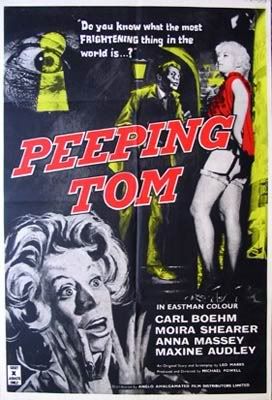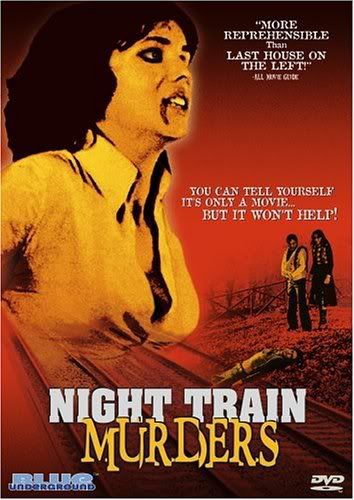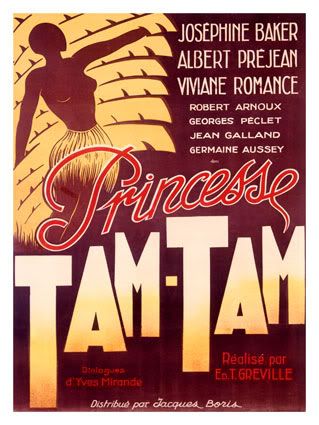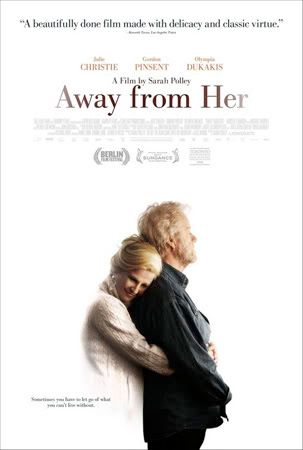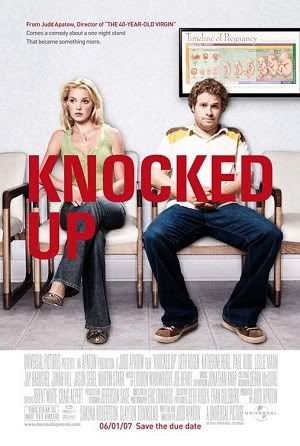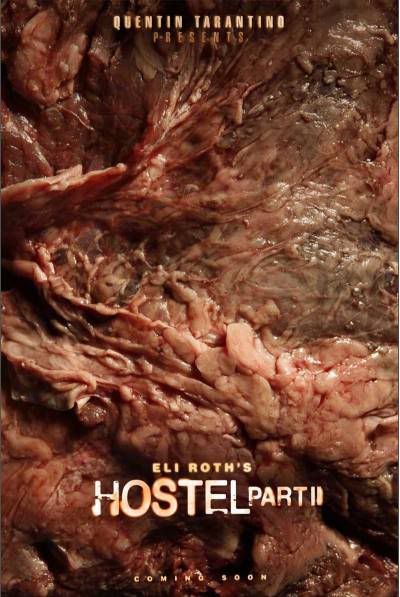A Mighty Heart (Michael Winterbottom, 2007)
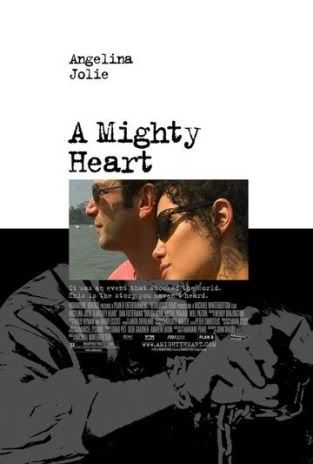 More briefly than I would like (because in seven hours I have to catch a bus to catch a plane!), I wanted to comment on A Mighty Heart, the Angelina Jolie-Brad Pitt project that recounts the hellish kidnapping and eventual execution of Daniel Pearl in Pakistan months after the September 11 attacks. While almost everyone (in this country, at least) has probably heard of the Daniel Pearl story, at least I cannot remember specific details of the case, nor, when I heard about it, did it register how horrible it actually was. Although at least one review I've read has said that a problem with the film is the non-monumental status of the Pearl kidnapping, that unlike Paul Greengrass' United 93 (a film I haven't seen), this film does not capture a moment that everyone remembers. The review goes on to say that the eventual happens, and we just watch the characters sit around and wait for it. While this is literally the case, I was wrapped up in the story and could not disagree with the original criticism more. While on the news, the Pearl story might not have registered much past the initial feeling of shock, A Mighty Heart brings it home, right into the front of your mind, so you understand what a personal tragedy this was above all. I was afraid, going into the film (which I won free preview screening passes too - nothing beats a free movie) that it would have a "Arabs = bad, Americans/Westerners = good" mentality (because that's how so much popular discourse on terrorism goes), but that is not the truth. The villians are villians because of what they do, not who they are (although I have read at least one comment from someone on the right about how this movie promotes the war on terrorism more than anything, which I definitely do not agree with). And much has been made (check out the film's imdb boards for proof) of Jolie's "blackface," which actually looks more like spray-on tanner, in order to play Afro-Cuban Mariane Pearl. The makeup, her accent, and her wig are all distracting, but for only a few minutes. Once truly into the film, all these things that seem ridiculous become perfectly natural, and the unthinkable happens: Angeline Jolie becomes Mariane Pearl. I forgot about her superstar status; she really immerses herself in this role and is really the strongest point in the movie. The scenes after we find out Pearl is actually dead are some of the strongest acting I've seen in a while; hopefully Jolie is remembered for this best performance of her career once award season comes along. While I do have some problems with the pacing of the film (slow at times), it is really an accomplishment for Jolie and director Winterbottom, who directs it in a cinema-verite style that seems more like a documentary than a drama and works perfectly with the material. So if you're looking for something to see in the theaters this weekend, I surprise myself by recommending A Mighty Heart. 7.5/10 Labels: 2007, michael winterbottom |



